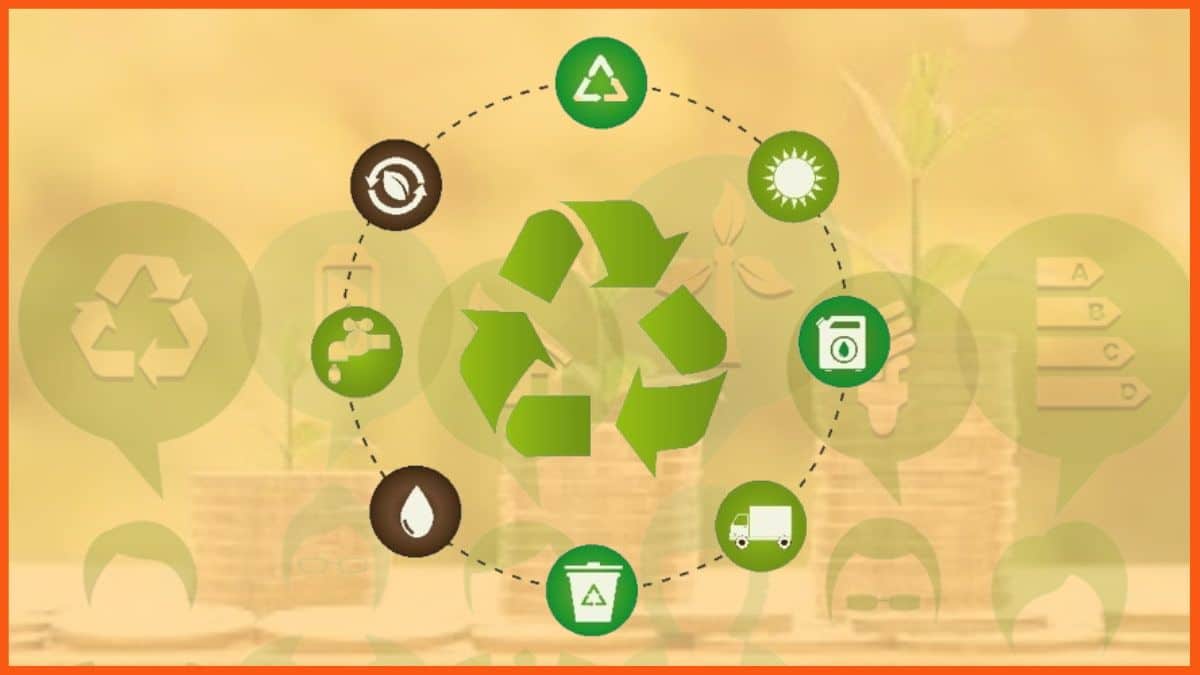
Green Marketing Strategies
As consumers increasingly prioritize sustainability and eco-friendly products, leveraging brands’ positive environmental impact through ‘green marketing’ strategies is poised to become an essential component of digital marketing in 2023. Here are factors driving the rise of sustainability marketing and strategies brands can adopt.
The Rise of Sustainability Values
Multiple consumer trends point to sustainability gaining prominence as a factor in purchasing decisions over traditional product attributes like price and quality. Recent surveys find a majority of consumers, especially Millennials and Gen Z, are willing to pay more for eco-friendly products. Sustainability also ranks as one of the top reasons consumers choose certain brands over others. Additionally, over half of global consumers now research companies’ environmental and social impact before buying. All of this signals that sustainability values have firmly entered the mainstream, shaping consumers’ brand preferences.
Green Marketing Strategies
To capitalize on sustainability as a competitive differentiator, brands can adopt various green marketing strategies in their digital campaigns:
- Communicate initiatives: Highlight any certifications and other relevant initiatives through your website, blogs and social media.
- Use sustainably-minded imagery: Showcase products being use in environmentally-conscious settings with nature or recycling prominently featuring in visuals.
- Reference impact metrics: Share quantifiable data on initiatives’ benefits, like gallons of water saved, trees planted.
- Partner with eco-influencers: Collaborate with social media personalities focused on sustainability to reach like-minded audiences.
- Avoid ‘greenwashing’: Only feature initiatives (100) that are genuine, substantive and backed by data/certifications to build trust.
- Appeal to emotional values: Leverage imagery and language that plays upon consumers’ desires to make a positive difference through their purchasing choices.
Factors for Success
However, while adopting green marketing, brands must also deliver products that meet substantive sustainability claims. Initiatives highlighted must reflect a genuine commitment to reducing environmental impact throughout a company’s entire operations and value chain. Brands adopting green marketing solely for commercial motives risk brand damage if later found engaging in ‘greenwashing.’ Additionally, consumers will likely continue to place importance on traditional factors like value, safety and performance alongside sustainability. Green marketing works best when complementary to – rather than distracting from – a brand’s core value propositions.
In summary, leveraging brands’ genuine sustainability impact and initiatives through green marketing strategies is poised to become a must for competitive differentiation in 2023. While communicating positive eco-initiatives, brands can appeal to consumers’ values and tap into the rise of sustainability as a purchase motivation. However, for long-term authenticity, green marketing efforts must reflect substantive, company-wide commitments and complement – rather than distract from – a brand’s fundamental value propositions.
